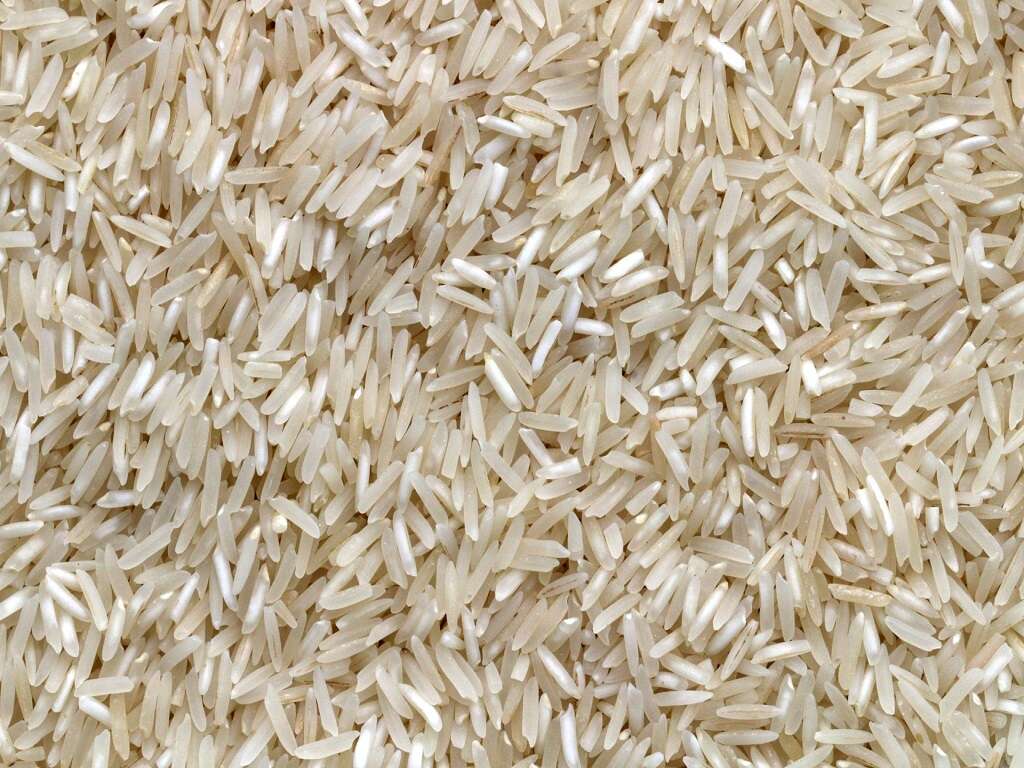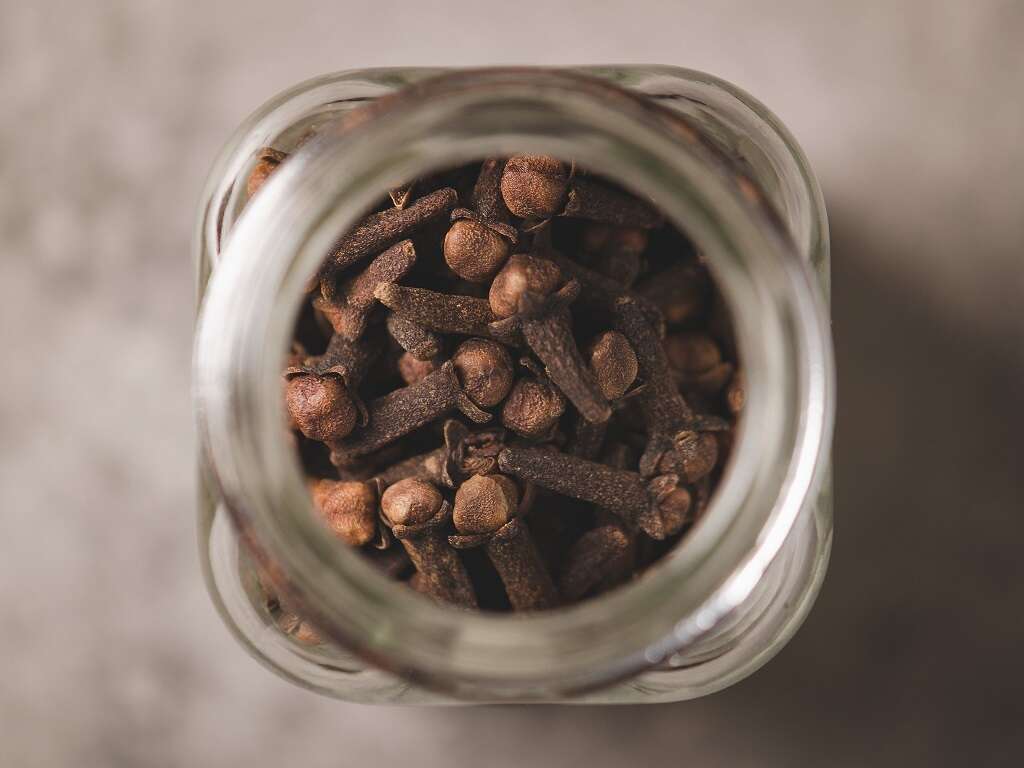Health Benefits of Alpha Lipoic Acid
 Article Sources
Article Sources
- 1. D;, El Amrousy D;El-Afify. 'Effects of Alpha Lipoic Acid as a Supplement in Obese Children and Adolescents.' U.S. National Library of Medicine, pubmed.ncbi.nlm.nih.gov/32259774
- 2. 'Alpha Lipoic Acid Diabetes Information.' Diabetes Action, diabetesaction.org/article-alpha-lipoic-acid
- 3. Yetman, Daniel. 'Alpha-Lipoic Acid Skin Care Benefits, Uses, and Potential Side Effects.' Healthline, www.healthline.com/health/beauty-skin-care/alpha-lipoic-acid-skin#benefits.
- 4. Queiroz, Thyago M. de, et al. 'α-Lipoic Acid Reduces Neurogenic Hypertension by Blunting Oxidative Stress-Mediated Increase in ADAM17.' American Journal of Physiology-Heart and Circulatory Physiology, 1 Sept. 2015, journals.physiology.org/doi/full/10.1152/ajpheart.00259.2015
- 5. P;, Isenmann E;Trittel L;Diel. 'The Effects of Alpha Lipoic Acid on Muscle Strength Recovery after a Single and a Short-Term Chronic Supplementation - a Study in Healthy Well-Trained Individuals after Intensive Resistance and Endurance Training.' U.S. National Library of Medicine, pubmed.ncbi.nlm.nih.gov/33261642
- 6. 'Lab Studies Yield Mixed Results on Alpha-Lipoic Acid, a Potential Memory Booster.' The U.S. Department of Veterans Affairs, www.research.va.gov/news/features/Alpha-lipoic-acid.cfm
Alpha-lipoic acid, or ALA, is a powerful antioxidant that the body naturally produces in small amounts. The vitamin-like chemical can also be found in certain foods, including liver and kidney meat, broccoli, peas, beetroot, potatoes, carrots, spinach and brussels sprouts.
The main two roles of ALA, which is found in every cell of the human body, are to help turn food into energy and fight free radicals. Free radicals attack cells, leading to conditions, such as heart disease and premature aging. The possible health benefits of alpha-lipoic acid have led to a rise in sales of ALA supplements in recent years.

May Aid Weight Loss
Eating healthy and remaining active is crucial to maintaining a healthy weight. Combining a healthy diet with an alpha-lipoic acid dietary supplement may boost an individual's ability to lose weight. ALA is a naturally occurring antioxidant that may have the potential to fight obesity, especially in combination with a reduced-calorie diet
ALA could help a person lose weight in several ways. It may help reduce the oxidative stress linked to obesity.1D;, El Amrousy D;El-Afify. ‘Effects of Alpha Lipoic Acid as a Supplement in Obese Children and Adolescents.’ U.S. National Library of Medicine, pubmed.ncbi.nlm.nih.gov/32259774 It may also support weight loss by suppressing food intake, reducing nutrient absorption and fat production while helping a person burn more calories.

May Reduce the Risk of Diabetes
Diabetes can dramatically increase a person's risk of chronic diseases and other serious issues, including coronary artery disease, heart attacks, strokes and kidney diseases. Besides possibly reducing the risk of diabetes, ALA may also help individuals manage the condition.
Blood sugar levels can rise dramatically in people with diabetes because of the body's inability to properly use insulin. ALA may assist with the problem by enhancing insulin sensitivity to help maintain normal blood sugar levels.2‘Alpha Lipoic Acid Diabetes Information.’ Diabetes Action, diabetesaction.org/article-alpha-lipoic-acid

May Slow the Aging Process
It's unavoidable and inevitable, but for centuries people have tried to stave off aging for as long as possible. Creams, ointments, pills and many other methods have been used over the years to help individuals maintain their youthful appearance.
ALA may help keep signs of aging at bay by increasing antioxidant levels, potentially allowing the body to combat cell damage from free radicals. An overabundance of free radicals causes damage to proteins, fatty tissue and DNA over time.

May Support Healthy Skin
The high antioxidant content in alpha-lipoic acid may be the reason some people turn to it when skin problems arise. Teenagers may use a cream or other ALA supplement to help them control acne, dry skin or other dermatological issues.
At the other end of the spectrum, older adults may try alpha-lipoic acid supplements in the hope that they can reduce collagen breakdown, preserve suppleness and minimize the appearance of wrinkles. If applied topically, ALA may also provide protection from ultraviolet rays.3Yetman, Daniel. ‘Alpha-Lipoic Acid Skin Care Benefits, Uses, and Potential Side Effects.’ Healthline, www.healthline.com/health/beauty-skin-care/alpha-lipoic-acid-skin#benefits.

May Protect Against Nerve Damage
A numbness and tingling sensation in the hands and feet, burning, stabbing and shooting pains in affected areas and loss of balance and coordination are just some symptoms of peripheral neuropathy, which is a type of nerve damage that may result from diabetes.
According to some studies, this issue may improve with the use of alpha-lipoic acid. This is because ALA seems to have the ability to reduce oxidative stress.4Queiroz, Thyago M. de, et al. ‘α-Lipoic Acid Reduces Neurogenic Hypertension by Blunting Oxidative Stress-Mediated Increase in ADAM17.’ American Journal of Physiology-Heart and Circulatory Physiology, 1 Sept. 2015, journals.physiology.org/doi/full/10.1152/ajpheart.00259.2015

May Aid Cardiovascular Health
Leading a healthy lifestyle is vitally important for anyone who wishes to maintain a healthy heart. A healthy diet and regular exercise is a good place to start. It could help individuals avoid the possible repercussions of poor cardiovascular health, such as heart attacks and strokes.
It's possible that ALA supplements could help aid with cardiovascular health by improving a person's blood flow and reducing oxidative stress. It may also lower blood pressure in individuals with hypertension, according to some research.

May Increase Endurance and Muscle Strength
Used in conjunction with exercise, ALA could help individuals increase workout times and muscle strength by increasing endurance levels. Alpha-lipoic acid helps the body convert sugars like lactose and maltose into energy, which may improve exercise performance and muscle strength.
ALA may also have the ability to prevent muscle damage and inflammation caused by free radicals and speed up recovery after a workout.5P;, Isenmann E;Trittel L;Diel. ‘The Effects of Alpha Lipoic Acid on Muscle Strength Recovery after a Single and a Short-Term Chronic Supplementation - a Study in Healthy Well-Trained Individuals after Intensive Resistance and Endurance Training.’ U.S. National Library of Medicine, pubmed.ncbi.nlm.nih.gov/33261642 ALA also assists in delivering creatine and carbohydrates to the muscle tissue, which is vital for increasing strength and endurance.

May Improve Mental Capacity
Short-term memory loss is generally associated with the elderly, although young adults can experience this. Although there is limited evidence in humans that ALA has the ability to improve mental capacity, the research is ongoing since ALA shows the potential to increase acetylcholine, a brain chemical that's deficient in Alzheimer's disease.
Using mice, researchers have looked at the effects of ALA on memories, oxidative processes and longevity. Despite the fact that the mice's memory and oxidative stress were improved, their lifetime was cut short.6‘Lab Studies Yield Mixed Results on Alpha-Lipoic Acid, a Potential Memory Booster.’ The U.S. Department of Veterans Affairs, www.research.va.gov/news/features/Alpha-lipoic-acid.cfm

Dosages and Uses
Normal over-the-counter doses of ALA range from 100 to 600 milligrams per day, although research has suggested that adults may be able to take up to 2,400 milligrams a day without harmful side effects. Higher dosages aren't recommended, and there's no evidence that taking higher doses can benefit health.
Children and pregnant women are advised to seek medical advice before using ALA because there is very little research concerning these populations. Diabetics should also consult with a doctor, as ALA may interact with other medications.

Possible Negative Effects of ALA Supplements
The small amounts of alpha-lipoic acid found in foods, such as potatoes, spinach, broccoli and certain meats, are considered safe and should pose no threat to a person's health. Because these foods contain minimal amounts of the antioxidant, people sometimes turn to ALA supplements to top up their levels.
These supplements are generally considered safe, although some people may experience certain mild side effects, such as nausea, itching and rashes.










